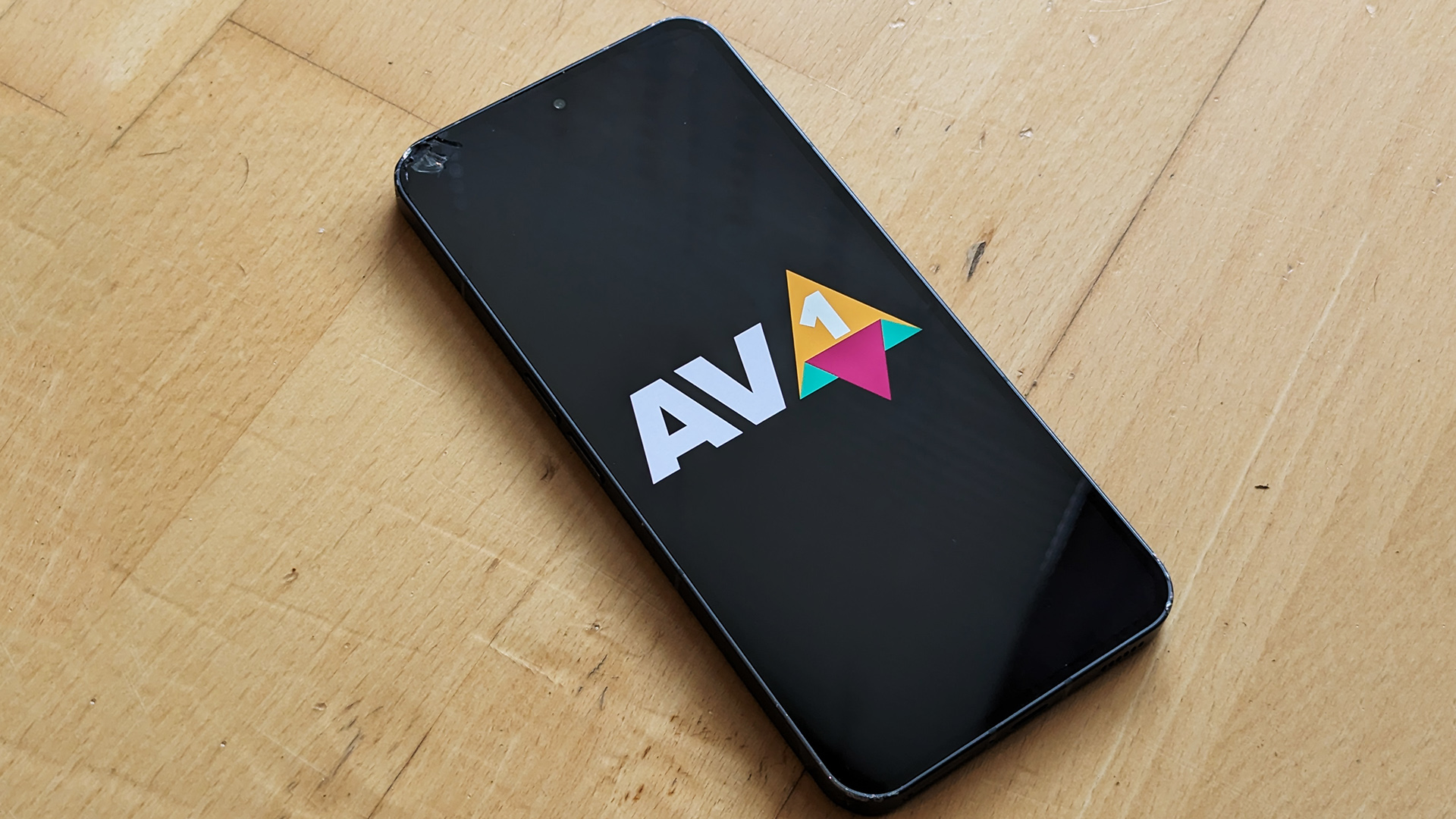
Google is enhancing video streaming in an upcoming update for devices lacking dedicated AV1 playback hardware. The AV1 codec allows for lower bitrates without losing image quality and will most benefit owners of midrange and budget devices.
According to Android Authority, Google could soon integrate libdav1d, an open-source video AV1 codec, into its systems. This codec was developed by VideoLAN and will use the CPU to manage the complex decoding, making the AV1 videos accessible even on devices that lack built-in AV1 hardware.
AV1 was introduced in 2018 by the Alliance for Open Media (AOMedia), which includes Amazon, Cisco, Google, Intel, Microsoft, Mozilla, and Netflix. It has since been adopted by companies like YouTube, Netflix, and Vimeo but isn’t yet the standard for video services.
Companies are keen to use it as it's free to use without paying licensing fees. Although the biggest advantage is AV1 maintains high video quality while not needing as much bandwidth. The codec performs up to 30 percent more efficient compression than codecs like commonly used H265.
However, it can be more demanding on CPU resources due to the more complicated encoding and decoding process.
AV1 on modern and older phones
Support for AV1 codecs is now being built into modern devices starting with Qualcomm's Snapdragon 8 Gen 2 and was also integrated into the Apple A17 Pro chips used in the iPhone 15 Pro and iPhone 15 Pro Max. This dedicated hardware is specifically designed to decode video content using the AV1 video codec. However, this is not yet the standard for mobile phone chipsets and could still be a few years away from widespread adoption.
This has left older and midrange devices without this dedicated hardware unable to use the more efficient streaming. With Google's proposed update, these devices can benefit from more efficient codecs although this could cause a bigger drain on battery life due to the more intensive CPU use.
When will this update drop?
Android Authority reports that Google previously made it mandatory for all custom builds to include AV1 codecs, with Android 14 supporting libgav1 codec. While this proposed update could use the more efficient libdav1d. The rollout of this codec could be part of the March 2024 Google Play System Update. If this is the case, users on midrange or budget phones and tablets could see improvements to AV1-supported video playback in apps like YouTube, TikTok, and Instagram.
It’s also unclear at this time if the more efficient libdav1d codec will be coming only to the latest Android 14 release or if it will be included in older OS versions like Android 10 and up.
We are likely to see more AV1 codecs implemented by video content and streaming services in the future, if only for them to save money due to the free licensing and lower bandwidth requirements. The widespread rollout of this update could put less stress on Google's servers and network infrastructure.
It’s also especially important to anyone watching on a mobile device as they tend to have more bandwidth limitations. The use of the codec could also lead to using less of your data allowance when you are connected to mobile data networks. Video content could be delivered faster resulting in shorter load times. It could also make it easier for people in rural areas with limited internet access or reception to enjoy online content reliably.
Get daily insight, inspiration and deals in your inbox
Sign up for breaking news, reviews, opinion, top tech deals, and more.
If you can’t wait for the rollout, you could consider looking at our best smartphones to find a phone that includes hardware support for playing back AV1 videos.
You may also like
James Ide was a writer for TechRadar specializing in phones and tablets, having previously worked at The Daily Mirror since 2016, covering news and reviews.
James loves messing with the latest tech, especially phones due to their incredibly rapid pace of development.
When not surrounded by various devices and/or tinkering with gadgets while putting them through their paces, James has a love of handheld consoles.
He is almost the textbook definition of a geek, who loves sci-fi, comics, games and of course, all things tech. If you think you have a story for him or just want to challenge him at Smash Bros, get in touch.